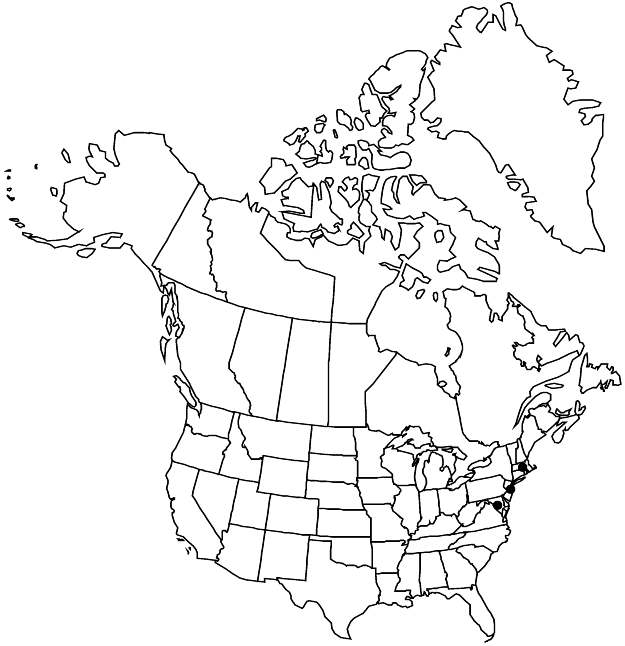Difference between revisions of "Persicaria chinensis"
Bot. Jahrb. Syst. 49: 269. 1913.
FNA>Volume Importer |
FNA>Volume Importer |
||
| Line 11: | Line 11: | ||
|name=Polygonum chinense | |name=Polygonum chinense | ||
|authority=Linnaeus | |authority=Linnaeus | ||
| + | |rank=species | ||
|publication_title=Sp. Pl. | |publication_title=Sp. Pl. | ||
|publication_place=1: 363. 1753 | |publication_place=1: 363. 1753 | ||
| Line 38: | Line 39: | ||
-->{{#Taxon: | -->{{#Taxon: | ||
name=Persicaria chinensis | name=Persicaria chinensis | ||
| − | |||
|authority=(Linnaeus) H. Gross | |authority=(Linnaeus) H. Gross | ||
|rank=species | |rank=species | ||
| Line 54: | Line 54: | ||
|publication year=1913 | |publication year=1913 | ||
|special status= | |special status= | ||
| − | |source xml=https://jpend@bitbucket.org/aafc-mbb/fna-data-curation.git/src/ | + | |source xml=https://jpend@bitbucket.org/aafc-mbb/fna-data-curation.git/src/f50eec43f223ca0e34566be0b046453a0960e173/coarse_grained_fna_xml/V5/V5_1188.xml |
|subfamily=Polygonaceae subfam. Polygonoideae | |subfamily=Polygonaceae subfam. Polygonoideae | ||
|genus=Persicaria | |genus=Persicaria | ||
Revision as of 21:50, 16 December 2019
Plants perennial, 7–10 dm; roots not also arising from proximal nodes; rhizomes present. Stems ascending to erect, sometimes scandent, glabrous or retrorsely hispid. Leaves: ocrea brownish, cylindric, 15–25(–50) mm, coriaceous proximally, chartaceous distally, base often inflated, margins oblique, eciliate, surface glabrous or pubescent; petiole 1–2.5 cm, winged at least distally; blade lanceolate to ovate or elliptic, 4–16 × 1.5–8 cm, base truncate to broadly cordate, margins glabrous or antrorsely scabrous with whitish hairs, apex acuminate, faces glabrous or hispid abaxially and adaxially, sometimes pubescent only along veins abaxially, not glandular-punctate but often minutely reddish-punctate abaxially. Inflorescences terminal or terminal and axillary, 3–6 × 3–6 mm; peduncle 10–30 mm, stipitate-glandular along entire length; ocreolae overlapping, margins eciliate. Pedicels mostly ascending, 2–3 mm. Flowers 1–3 per ocreate fascicle; perianth white to pink, campanulate, glabrous, accrescent; tepals 5, ovate, 3–4 mm, apex acute to obtuse; stamens 8, filaments distinct, free; anthers red or purple, elliptic; styles 3, connate proximally. Achenes included in fleshy, bluish black perianth, black, 3-gonous, 2.8–4 × 2–3 mm, dull, minutely punctuate.
Phenology: Flowering Jul–Oct.
Habitat: Disturbed places
Elevation: 0–100 m
Distribution

Md., Mass., N.J., Asia, introduced also in the Pacific Islands (Hawaii).
Discussion
Varieties of Persicaria chinensis have been distinguished on the basis of stem pubescence, leaf shape, and leaf size. Whether those taxa merit recognition in the flora area is uncertain.
Selected References
None.